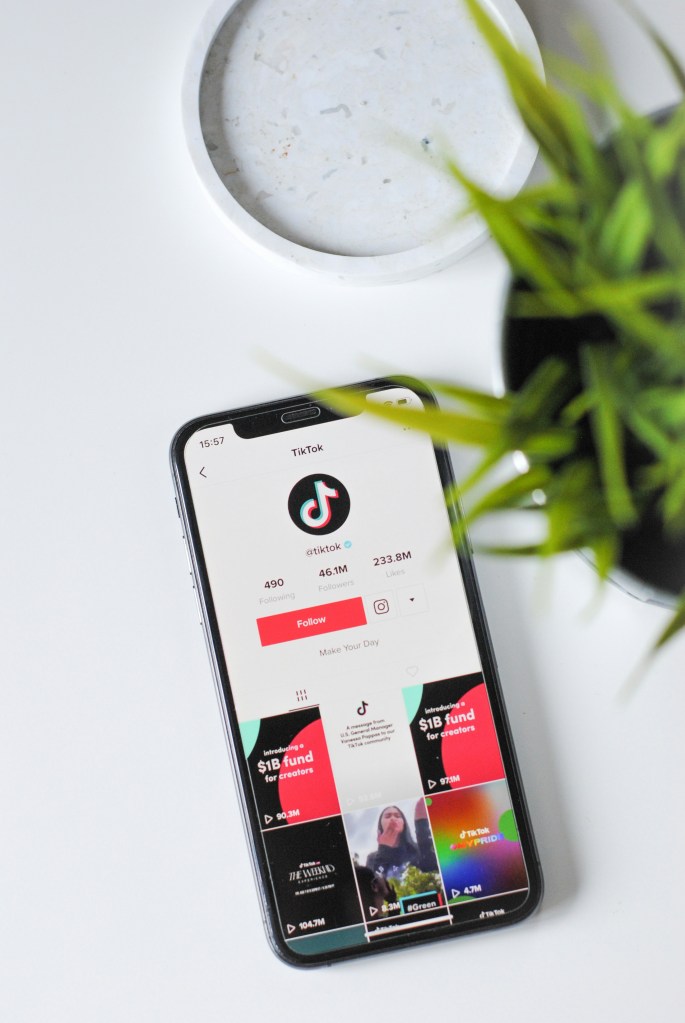
Photo by RDNE Stock project
Have you noticed some people online use bizarre terms like “NPC” when they’re describing a boring person? Or saying “going on sidequests” when they are procrastinating and doing other tasks. These terms come from Video Game slang. Video Games have always been popular past time but during the mid to late 2010s, Video Games, more specifically Video Game content creators began to get noticed by mainstream media. This can be evidenced by popular Gaming YouTuber, PewDiePie being on Conan O’Brien doing a segment called “Clueless Gamer” to promote his upcoming Youtube Red series and promote new Video Game releases. As well as, Twitch Streamer, Ninja becoming popular through his livestreams playing Fortnite. Playing Fortnite matches with celebrities like Drake and getting Brand deals such as with Redbull. Video Games also became a way for people to connect with each other during the COVID-19 pandemic lockdown. Still, this does not explain why people started to use Video Game slang on other non-gaming Social Media platforms and in real life.
Adam Aleksic (better known as etymologynerd), a Harvard linguistics graduate made a TikTok theorizing how the new generation, Gen Z has created a new etymological category of Video Game terms because of the shared cultural knowledge this generation has about Video Games. He goes on to explain how this was the case in older generations with games like Baseball and Chess, this is why we have metaphors and expressions like “Check” and “swing and a miss”.
While this might still be a theory, it does make sense that we are sharing this cultural knowledge, it is part of human connection. An article by The Verge explains how slang in Video Game online communities is a great way of connecting with other people online, making new friends and feeling like you belong in an online space. Each Video Game has its own terminology but some slang never changes from game to game such as “Buff” or “Nerf”. It’s transferable which makes these different online communities easier to approach due to already having this knowledge.
Do you have experience seeing these terms online? What do you think about it? Tell me in the comments below!
Social Media Promotional Posts
Twitter/X: Did you know? Video game slang isn’t just for gamers anymore! Find out how it’s shaping our digital dialogue in my new blog entry: https://bit.ly/3Jg9VgU. 🎮 #videogameslang #Gaming”
Instagram: From Fortnite to Instagram, #videogame slang has become a part of our normal vocabulary. Learn how this came to be in my new blog post. Link in bio https://bit.ly/3Jg9VgU




